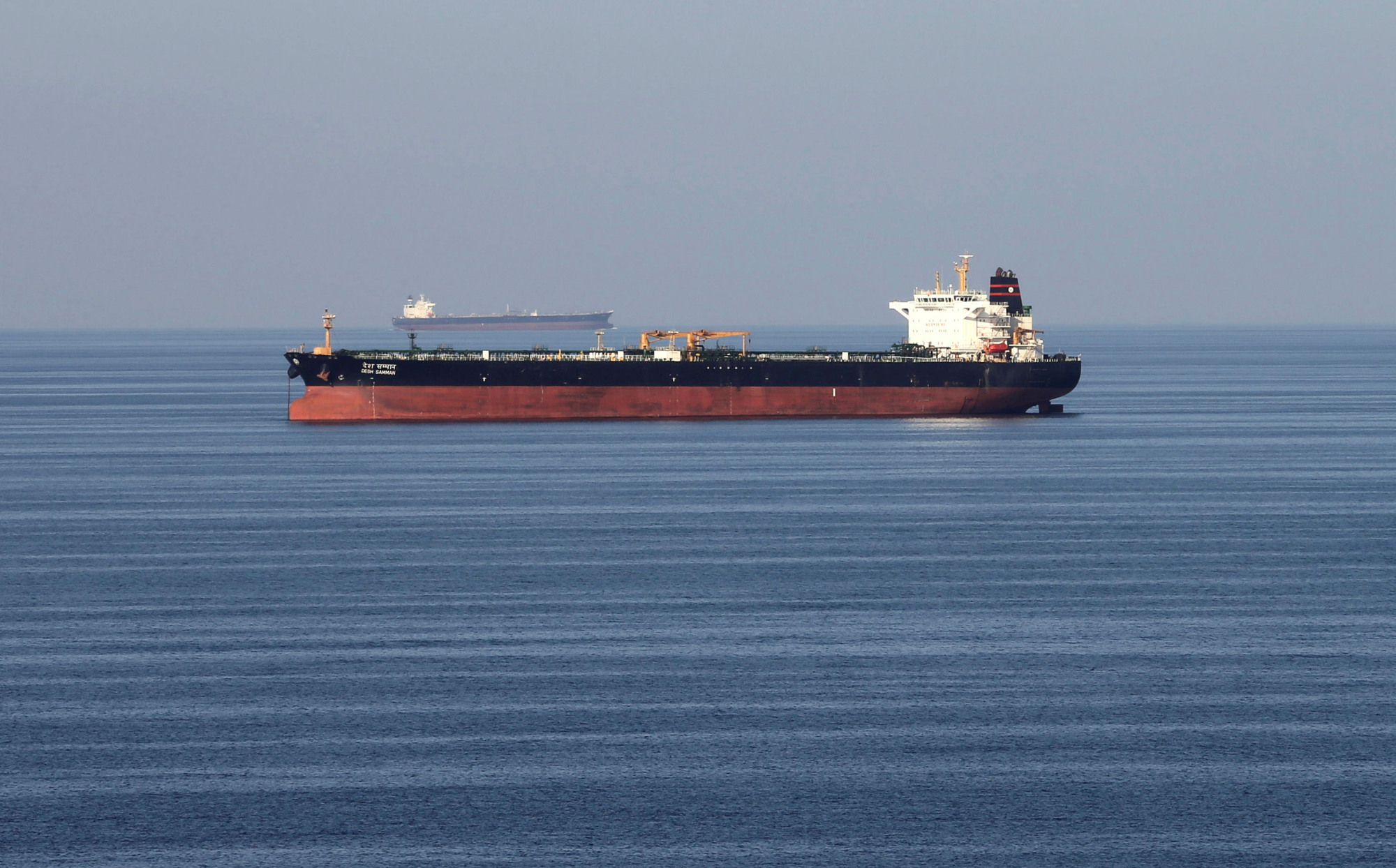The United States has raised with its allies, including Japan, the possibility of forming a coalition of the willing to protect commercial vessels in the Strait of Hormuz and Bab el-Mandeb (at the east end of the Red Sea) in the Middle East. Defense Minister Takeshi Iwaya was quick to note that Japan is not thinking about exercising its right to collective self-defense. Meanwhile, another Liberal Democratic Party lawmaker and a defense expert, Akihisa Nagashima, commented on Facebook that it would be appropriate for Japan to invoke the "maritime patrol" clause in the Self-Defense Forces Law as a unilateral action in order to help sweep mines from the sea lanes.
This reluctance within the LDP against dispatching the Maritime Self-Defense Force specifically under the 2015 security legislation, which partially opened the door for Japan to engage in collective self-defense, reflects the legal limitations this nation faces. Japan's participation will be limited by its scope of permissible activities.
Keeping the Middle Eastern sea lanes safe for transporting oil is a common interest among major Asian countries, including China, Japan, South Korea and India. Although the U.S. has been a key provider of maritime security in the Middle East, its interest lies in a more general political stability of the region, which serves its economic and geostrategic interests. The U.S. gets most of its oil domestically, and crude coming from Iraq and Saudi Arabia amounts to only around 20 percent of its total oil imports. Thus, sharing in the cost of defending the "common good" (sea lane safety) is a responsibility of these Asian countries.


















With your current subscription plan you can comment on stories. However, before writing your first comment, please create a display name in the Profile section of your subscriber account page.